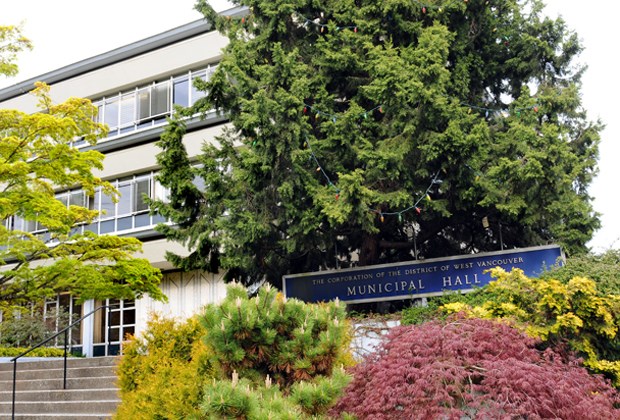Though they’re deeply concerned about speculation driving up cost of housing, members of West Vancouver council say they won’t be pursuing a tax on vacant homes anytime soon.
B.C. Finance Minister Mike De Jong announced Monday the legislature would reconvene for a summer session so the Vancouver Charter could be amended to allow a special tax on Vancouver homes left empty.
West Vancouver council passed a motion last month calling for action to end speculation in the housing market. But enforcing a vacancy tax will amount to a bureaucratic nightmare with no real results, say West Vancouver Mayor Michael Smith and Coun. Craig Cameron.
“What does vacancy mean?” Smith asked. “If we use water meters to determine vacancy, you just have to hire a friend to go over and run the taps for an hour every few days. If you use electric meters, you can put your lights on a timer. Are we going to ask neighbours to rat out their neighbours? The whole thing just doesn’t make any sense at all to me.”
Instead, Smith said he would like to see a separate, higher property tax rate for non-residents, like he pays on his vacation home in Hawaii. That would be far less prone to abuse, he said.
“If I tick the box at the bottom that says it’s my principal residence and I escape this non-resident residential tax rate … the next knock on my door is the Internal Revenue Service or the Department of Immigration wanting to know where my green card is,” he said. “The intent should be if you buy a home to raise your family and you contribute to the community, we believe in keeping property taxes to a minimum. But if you buy a home as an investment, then you should pay a different tax rate on your property taxes.”
And, added Cameron, for people buying properties fully intending to leave them empty, money is no object and an extra tax won’t motivate them to put the home on the rental market
“How much of a tax do you impose on those people to make it punitive enough that they’re going to bother renting? It’s a rounding error. You’re going to have to make the tax absolutely enormous,” he said.
Cameron said Vancouver’s plan and the province’s sudden support appear to be more about politics than anything else. Without our ballooning Property Transfer Tax revenue, B.C. would be in the red, which the Liberals are desperate to avoid in an election year, he said.
“It seems to me like a distraction. It seems to me like something Vancouver dreamed up to be seen to be taking action and the province has signed off on because it’s really not going to affect that much and they can also be seen to be taking decisive action,” he said.
Coun. Mary-Ann Booth said she support’s Vancouver’s efforts to target empty homes but added she’ll wait to see how their experiment works before passing judgement.
“If you’ve got empty homes, that is impacting your supply,” she said. “If municipalities are being pushed to add to the supply and housing – at the same time – is being taken out of the supply, we’ll never catch up.”
Both Booth and Cameron said they would prefer to see the province tackle foreign access to the market first.
“At least there’s some action being taken but it’s got to be balanced. I’ll be very disappointed if this is the only thing we do because I really strongly believe that it’s about curtailing demand,” Booth said.



